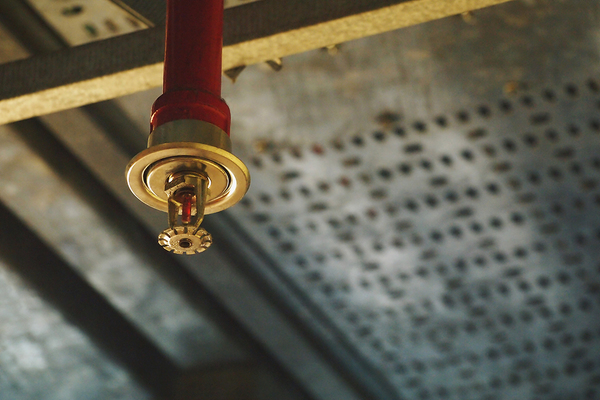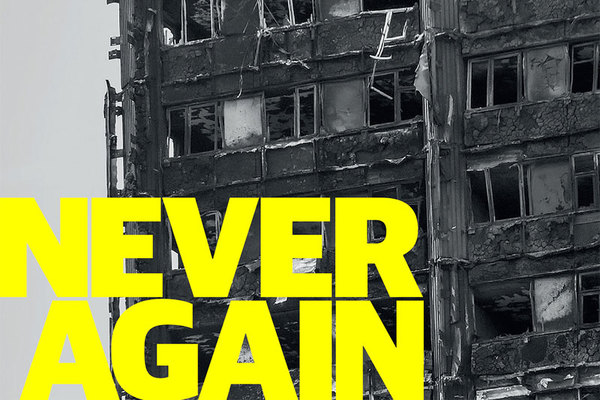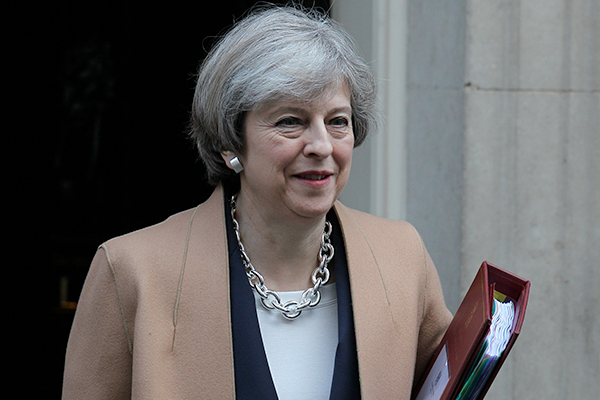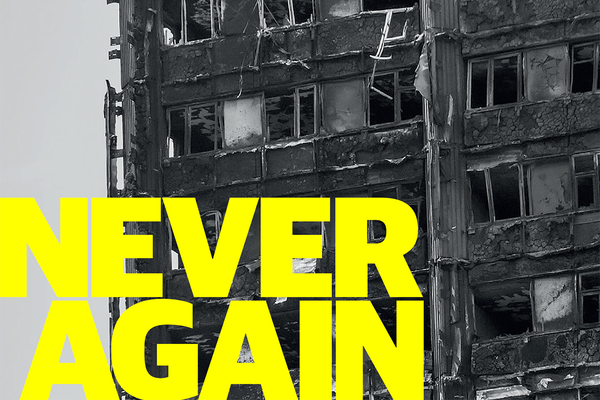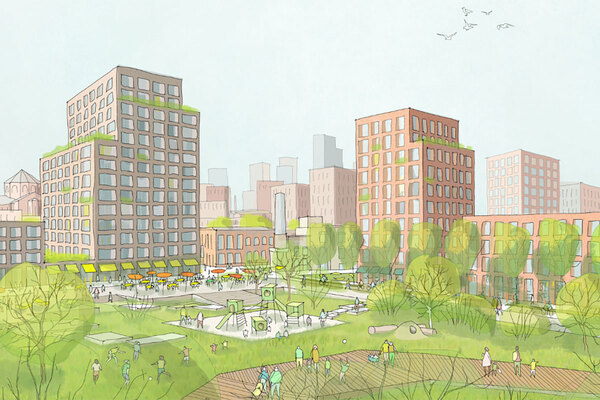Fire services voice support for retrofitting sprinklers
Some of the UK’s largest fire services have described retrofitting sprinklers in tower blocks as essential, calling on the government to help fund the work.
Councils such as Croydon are installing sprinklers in their high rises in the absence of government funding after housing minister Alok Sharma refused to help with the cost, describing the measures as “additional rather than essential”.
Inside Housing is calling on the government to fund retrofitting sprinklers in all tower blocks across the UK as part of its Never Again fire safety campaign.
Appearing before the Communities and Local Government Select Committee earlier this month, communities secretary Sajid Javid said he would consider giving councils extra borrowing flexibilities for “essential” works.
He added that local authorities “should be taking advice from their local fire and rescue service and potentially experts and then once they’ve taken account of their advice they should determine what’s essential”.
Julian Parsons of the National Fire Chiefs Council (NFCC) said: “We would encourage the government to do everything they could to support councils in retrofitting sprinklers because we do think they are essential in high-rise blocks.”
Mr Parsons helped produce an NFCC report on the effectiveness of sprinklers published in May, which found that sprinklers control or extinguish fires in 99% of cases.
Merseyside Fire and Rescue Service (MFRS) said it “would welcome additional government funding specifically for councils to install sprinkler systems in tower blocks”.
A spokesperson added: “MFRS has actively campaigned for more widespread use of sprinkler systems, particularly in buildings such as tower blocks where there is a significant risk to life in the event of a serious fire.”
Dany Cotton, commissioner of the London Fire Brigade (LFB), has previously said retrofitting sprinklers “can’t be optional”.
An LFB spokesperson said: “As part of their fire safety management strategy we believe landlords should retrofit sprinklers in residential tower blocks.”
The Greater Manchester Combined Authority (GMCA) plans to carry out a feasibility study into installing sprinklers in all high rises in the region.
David Acton, chair of the GMCA Fire Committee and spokesperson for the Greater Manchester Fire and Rescue Service (GMFRS), said that “the case to fit sprinkler systems in high-rise flats, as part of a package of fire safety measures, has been overwhelmingly made”.
A report to the GMCA by Peter O’Reilly, county fire officer and chief executive at GMFRS, the current regulatory system for high-rise safety is not fit for purpose because it “doesn’t require use of safety systems, eg sprinklers in all circumstances”.
The cost of retrofitting blocks could be massive, with London Councils estimating a £262m bill in the capital alone.
David Sibert, fire safety advisor at the Fire Brigades Union, said it was wrong for the government to depend on fire services to define essential safety works.
“One fire service will walk into a building and they say sprinklers are essential, and in another area another fire service could walk into a building and say in their opinion it is not essential,” he said.
“What if you’ve got a fire authority that is being really hit by austerity? What they might do is say sprinklers are essential because it allows them to cut down their own fire services costs. It’s a divisive way of controlling public money.”
Never Again campaign
Inside Housing has launched a campaign to improve fire safety following the Grenfell Tower fire
Never Again: campaign asks
Inside Housing is calling for immediate action to implement the learning from the Lakanal House fire, and a commitment to act – without delay – on learning from the Grenfell Tower tragedy as it becomes available.
LANDLORDS
- Take immediate action to check cladding and external panels on tower blocks and take prompt, appropriate action to remedy any problems
- Update risk assessments using an appropriate, qualified expert.
- Commit to renewing assessments annually and after major repair or cladding work is carried out
- Review and update evacuation policies and ‘stay put’ advice in light of risk assessments, and communicate clearly to residents
GOVERNMENT
- Provide urgent advice on the installation and upkeep of external insulation
- Update and clarify building regulations immediately – with a commitment to update if additional learning emerges at a later date from the Grenfell inquiry
- Fund the retrofitting of sprinkler systems in all tower blocks across the UK (except where there are specific structural reasons not to do so)
We will submit evidence from our research to the Grenfell public inquiry.
The inquiry should look at why opportunities to implement learning that could have prevented the fire were missed, in order to ensure similar opportunities are acted on in the future.
